Self-tanning lotions and sprays provide a quick, semipermanent wash of color without the skin cancer risks linked to prolonged sun exposure. Yet “fake” tanning products can be difficult to apply, particularly for newcomers.
Uneven, dark streaks may show up and spoil the look of your self-tan. Even worse, these marks can be stubborn to remove and leave your skin looking blotchy until the pigment naturally fades.
If you need to get rid of streaks and uneven patches from self-tanning products, this guide explains simple, skin-safe methods to correct them.
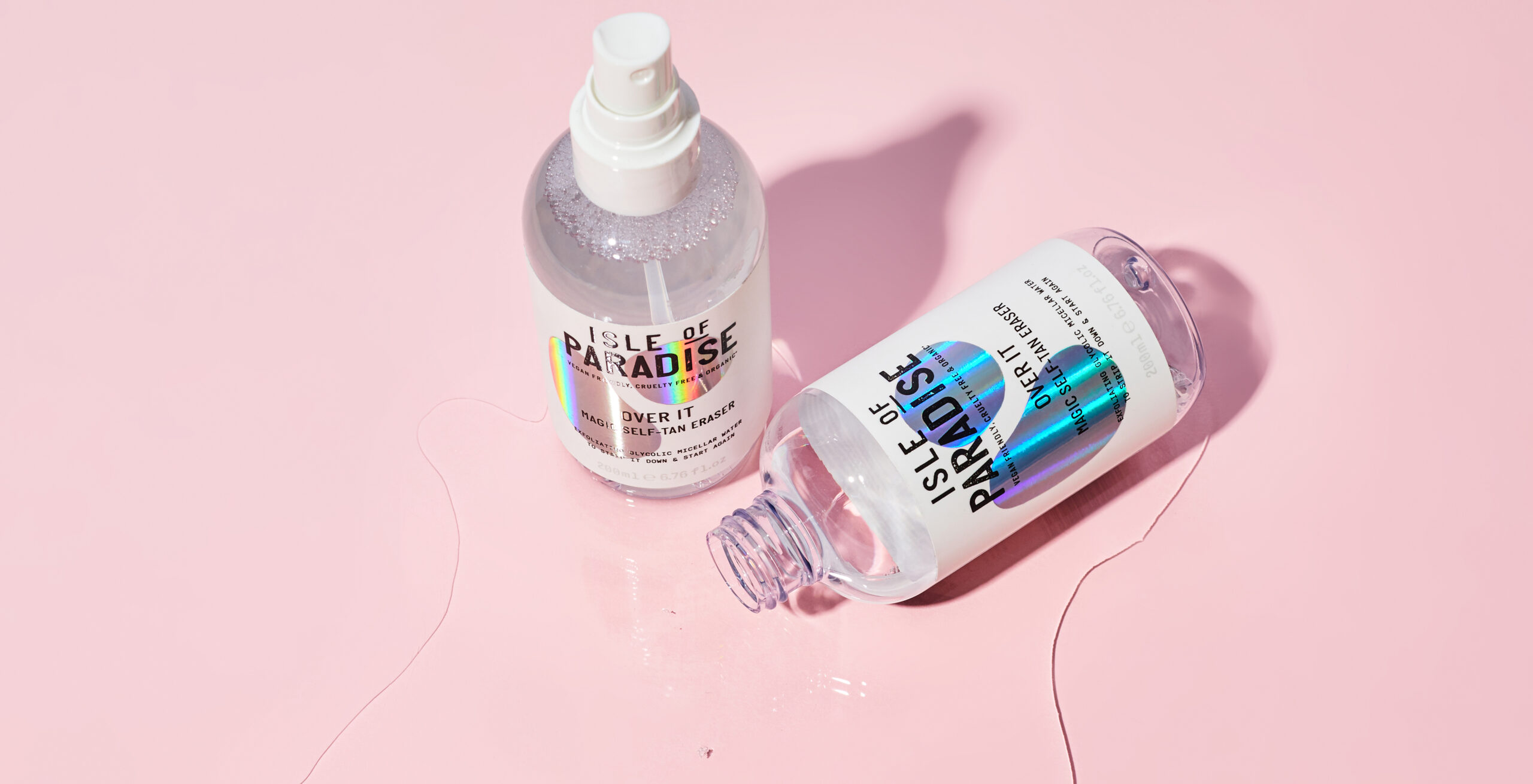
How do I remove spray tan from my hands?
If your hands have spray-tan or lotion streaks, you’re in good company — many people make the same mistake. If you skip rubber gloves during application, you’ll likely end up with orange or brown residue on your hands.
Most self-tanners rely on the same active agent: dihydroxyacetone (DHA). DHA is the only FDA-approved ingredient for sunless tanning currently available.
The compound reacts quickly to “stain” the outermost layer of skin, but the full effect isn’t always immediate. Even after washing your hands post-application, streaks can show up 4 to 6 hours later.
To lift DHA stains from your hands, try exfoliating with a sponge, towel, or exfoliating cream. Soaking your hands in warm water, swimming in a chlorinated pool, or applying lemon juice may help penetrate and lighten the discolored skin.
What about my feet?
If your feet have streaks from DHA, you can use a similar approach. A pumice stone is useful for buffing away streaky areas, and time spent in a bathtub, sauna, or chlorinated pool can accelerate fading.
Like removing a henna stain, an Epsom salt soak or a scrub made from coconut oil and raw sugar may help speed up removal on your feet.
And my face?
Facial streaks are often the most noticeable, in part because facial skin is thinner and absorbs DHA faster. Areas such as joints, the tops of the hands, and under-eye skin are particularly prone to an uneven sunless tan.
When your face looks patchy, patience is key. Toners and makeup wipes can worsen the appearance by unevenly removing the new color.
Use creams or lotions containing alpha-hydroxy acids to gently slough off excess dead skin cells that may be emphasizing the uneven color.
Begin with a gentle exfoliating face product, but avoid harsh scrubbing. A steam room or sauna may help open pores and allow pigment to be released from the skin.
DIY paste
Some people report success using a homemade paste with baking soda to remove a wayward tan.
- Combine 2–3 tbsp. baking soda with about 1/4 cup coconut oil.
- Apply the mixture to your face.
- Allow it to sit briefly, then wipe off with a damp washcloth.
- Repeat twice daily until your complexion returns to normal.
Be aware: This method can dry out your skin.
What about the rest of my body?
The same guidelines apply for streaky self-tan on other areas. There’s no instant method to remove DHA from skin. To date, no clinical trials have shown a definitive way to erase DHA after it’s been applied.
Useful ways to speed up fading include:
- taking long, steamy showers
- swimming in the ocean or a chlorinated pool
- gently exfoliating the affected area several times daily
What not to do
Having a patchy tan is frustrating, but damaging your skin to fix it is far worse.
Don’t panic
If your spray tan or self-tanner looks off, give it some time. The full DHA reaction often appears several hours after application.
Before aggressively exfoliating, wait at least 6 hours to see if the color evens out. Ironically, the best fix for streaks can sometimes be applying more product to blend the tone evenly.
Don’t bleach your skin
Avoid harsh substances like bleach or hydrogen peroxide in attempts to remove pigment. Toners, astringents, and witch hazel may actually highlight streaks instead of fixing them.
Lemon juice can be useful for streaks on hands, but don’t scrub the rest of your body with it.
Don’t overexfoliate
Exfoliation helps fade streaks, but don’t harm your skin in the process. Limit exfoliation to twice a day to permit skin recovery and new cell turnover.
If exfoliation causes redness or irritation, pause and try again later. Overexfoliated skin is more vulnerable to nicks and wounds, increasing the risk of infection.
Tips to apply a spray tan
Preventing streaks may take some practice. Consider these tips:
- Shower before applying product. Avoid sweating or immersing in water for at least 6 hours after application.
- Always exfoliate before application. Use a wet washcloth on thicker skin (arms, legs). Use an exfoliating cream on the face and remove all residues before tanning.
- Wear latex gloves when applying self-tanner. If you don’t have gloves, wash your hands every 2–3 minutes during application.
- Don’t rush to cover your whole body at once. Work slowly and deliberately, finishing one section before moving to the next.
- Ensure good ventilation. DHA products can have a strong odor that might tempt you to hurry.
- Blend the tanner into wrists and ankles to soften visible stopping points.
- Wait at least 10 minutes before dressing after applying lotion or spray to protect clothing and your tan.
- Remember self-tanner does not provide sun protection. Always wear an appropriate SPF outdoors to prevent sunburn, which will ruin your tan and risk skin damage.
The bottom line
DHA, the active ingredient in self-tanning products, works quickly and effectively — which means mistakes are tough to undo.
Be patient while gently buffing away excess color with mild exfoliation. Frequent showers and soak sessions can help fade streaks faster. Applying self-tanner well may take practice, so take your time and use careful technique to improve results.


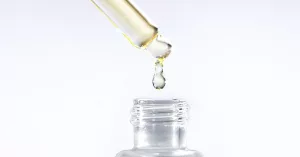
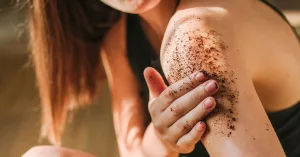



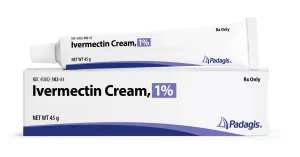
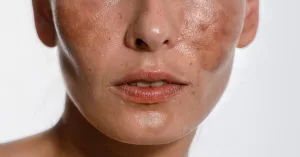






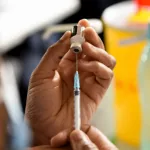


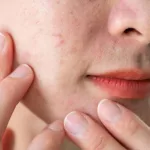






Leave a Reply
You must be logged in to post a comment.